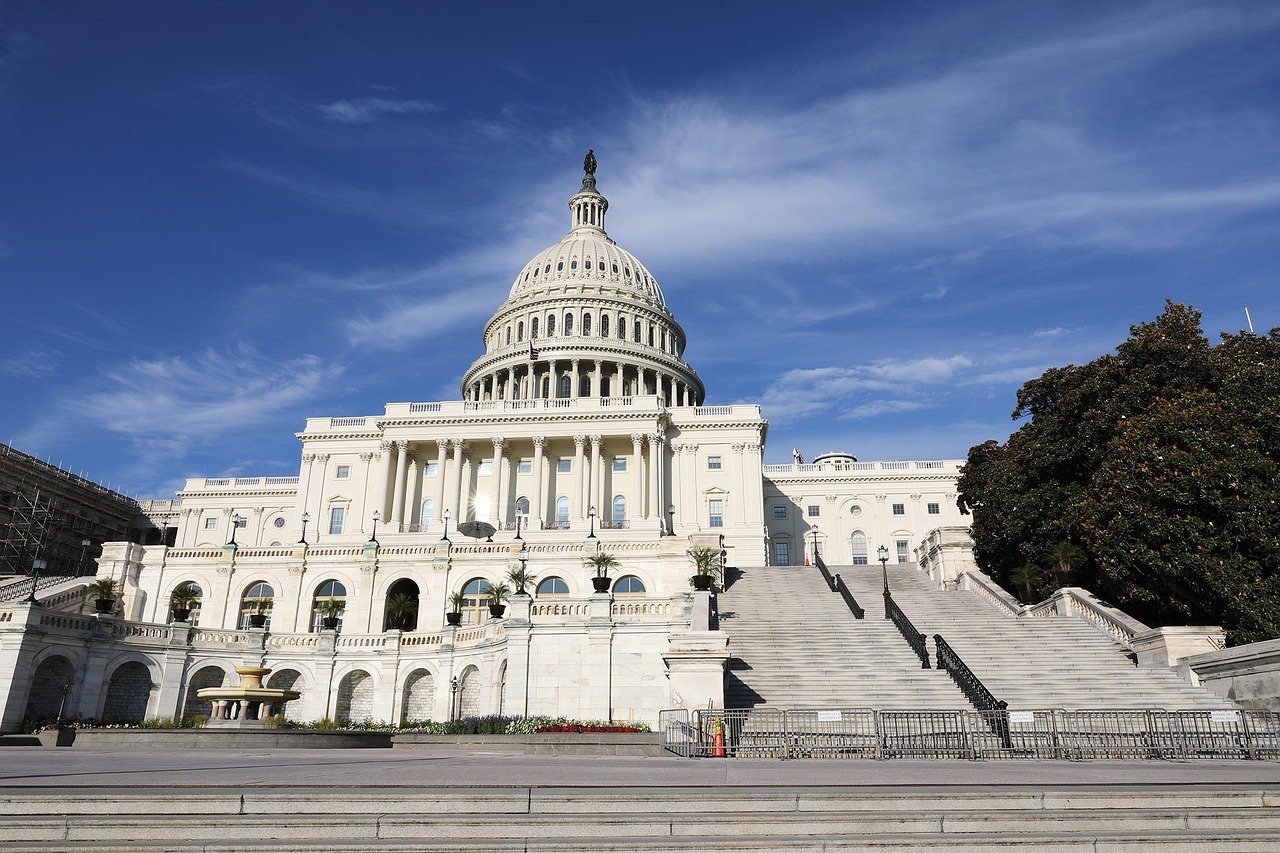


On December 7, 2024, the U.S. House of Representatives passed the Prove It Act, a bipartisan piece of legislation designed to empower small businesses in their fight against burdensome government regulations. The Act, introduced by Representatives Nathaniel Moran, Brad Finstad, and Yadira Caraveo, received a vote of 208-196 in favor of its passage. This legislation mandates that federal agencies evaluate the costs associated with their regulations and creates a clear pathway for small businesses to voice their concerns regarding regulatory impacts. Additionally, it requires that guidance documents be made accessible online, ensuring that small business owners can easily access the information they need to navigate regulatory requirements. [c5791164]
In a recent opinion piece, Rep. Richard Hudson emphasized the need to reduce bureaucratic inefficiency and government spending, highlighting that the burden of regulations on small businesses costs trillions annually. He expressed strong support for the Prove It Act, which he believes will give business owners a voice in the regulatory process. Hudson also noted the establishment of President Trump's Department of Government Efficiency (DOGE), which is led by notable figures including Elon Musk and Vivek Ramaswamy, aimed at streamlining government operations. [ecd79465]
The Prove It Act comes at a time when small business owners across the country are increasingly concerned about the regulatory environment and its impact on their operations. East Texas business leaders recently visited Washington D.C. to discuss these issues and advocate for policies that support economic growth, aligning with former President Trump's economic agenda. This visit underscores the importance of small businesses in the broader economic framework and the need for legislative measures that protect their interests. [c5791164]
Adding to the discourse on small business growth, a report released on January 16, 2025, by Goldman Sachs 10,000 Small Businesses Voices and the Bipartisan Policy Center outlines a comprehensive playbook aimed at addressing the challenges faced by small businesses. John F.W. Rogers emphasized the critical role of small businesses as the backbone of the economy, while Margret Spellings highlighted the bipartisan agreement on the necessity of supporting these enterprises. The report recommends strategies such as enhancing employee benefits, improving access to affordable child care, skills training, expanding access to capital, tax policy reforms, regulatory relief, and technology investment. Jessica Johnson-Cope called for commonsense bipartisan wins to empower small businesses and drive economic growth. [8ab0d113]
As the legislative session continues, the focus on small business protections and growth strategies is expected to remain a priority, with advocates pushing for further reforms that address the challenges faced by entrepreneurs in navigating complex regulatory landscapes and accessing necessary resources. [c5791164]